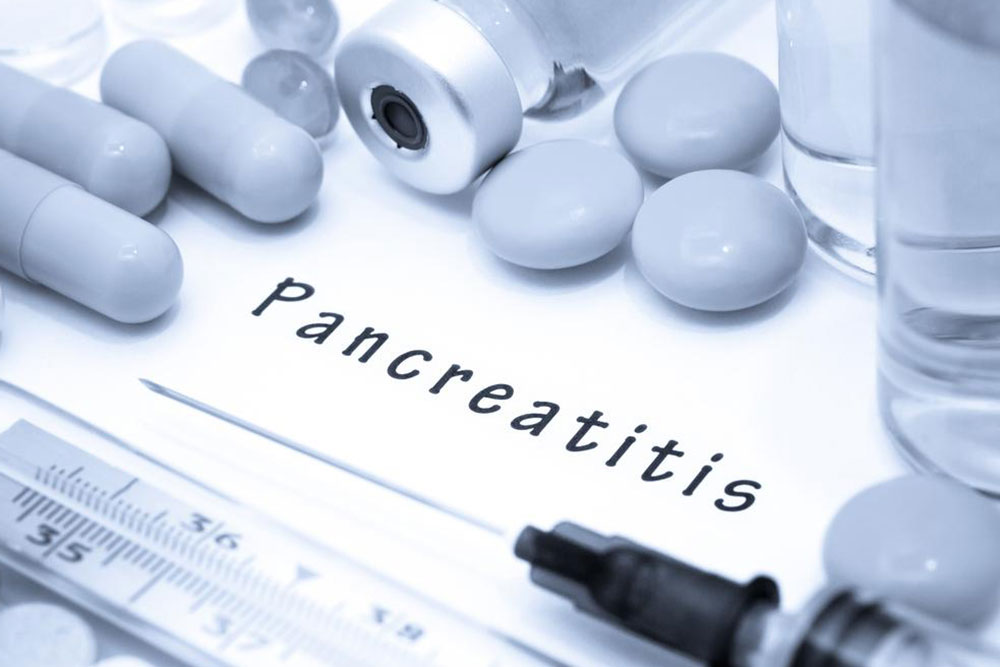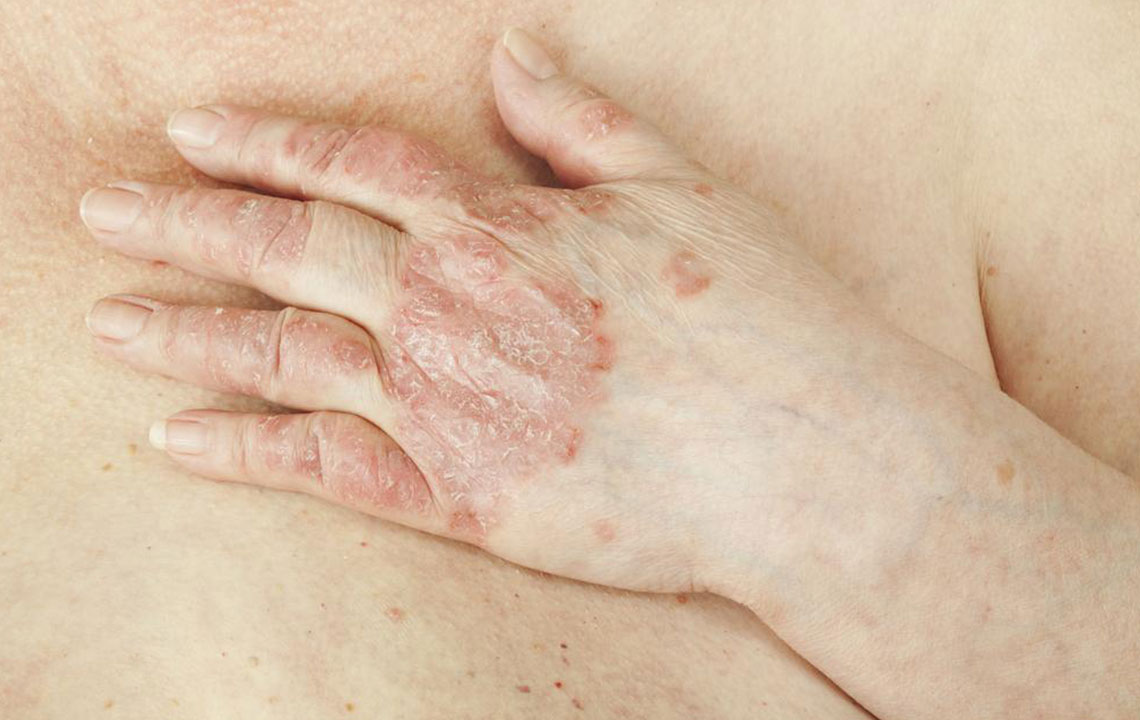Comprehensive Guide to Effectively Managing and Treating Pancreatitis
This comprehensive article provides detailed insights into managing pancreatitis effectively through early detection, understanding causes, treatment options, and lifestyle adjustments. It emphasizes the importance of medical intervention, surgical procedures, medication, diet modifications, and behavioral changes to improve patient outcomes and prevent recurrence. Suitable for individuals seeking in-depth knowledge about pancreatitis management, the article highlights the critical role of proactive healthcare and personalized treatment plans.

Comprehensive Guide to Effectively Managing and Treating Pancreatitis
Pancreatitis is a serious and potentially life-threatening condition involving inflammation of the pancreas, an essential organ in the digestive system responsible for producing enzymes and hormones like insulin. Proper understanding of this disease, its early warning signs, underlying causes, and effective treatment options are crucial for improving patient outcomes and preventing complications. In this comprehensive guide, we delve into the key aspects of pancreatitis, including symptoms, causes, diagnosis, treatment strategies, and lifestyle adjustments necessary for managing this condition effectively.
Recognizing the early symptoms of pancreatitis is vital for prompt medical intervention. Common warning signs include persistent nausea, fever, digestive issues, bloating, diarrhea, unexplained weight loss, upper abdominal pain, and loss of appetite. These signs often vary from person to person, which underscores the importance of consulting healthcare professionals as soon as symptoms appear. Early diagnosis can significantly reduce the risk of severe complications such as organ failure or chronic pancreatic damage.
Nausea and vomiting
Fever and chills
Disruptions in digestion
Abdominal bloating or tenderness
Persistent diarrhea
Unexplained weight loss
Upper abdominal pain radiating to the back
Decreased appetite
Medical evaluation typically involves blood tests, imaging studies like ultrasound or CT scans, and sometimes endoscopic procedures to confirm inflammation and identify underlying causes. Timely diagnosis lays the foundation for effective treatment strategies which can alleviate symptoms and prevent disease progression.
Understanding the Underlying Causes of Pancreatitis
While excessive alcohol consumption is a well-known trigger, several other factors contribute to the development of pancreatitis. Identifying these causes is essential for targeted treatment and prevention. Common causes include:
Gallstones blocking the pancreatic duct
Certain medications such as corticosteroids or diuretics
Genetic factors or hereditary predispositions
Physical trauma or injuries to the abdomen
Cystic fibrosis, which affects pancreatic function
Infections caused by bacteria or viruses
History of abdominal surgeries that may affect pancreatic tissues
Understanding these factors enables healthcare providers to develop personalized treatment plans tailored to each patient's specific condition and risk factors.
Effective Approaches to Treating PancreatitisManaging pancreatitis involves a combination of hospital care, medication, lifestyle changes, and in some cases, surgery. The primary goal is to reduce inflammation, relieve pain, prevent complications, and address underlying causes.
Surgical Interventions: Surgery may be needed to remove obstructions like gallstones, infected tissue, or damaged pancreatic tissue. Procedures such as gallbladder removal or drainage of pancreatic pseudocysts can significantly improve outcomes. During hospital stay, patients typically receive IV fluids to maintain hydration and nutritional support.
Post-operative care involves gradually reintroducing foods, starting with clear liquids and progressing to low-fat, easily digestible meals. This gradual dietary transition helps minimize pancreatic stress while supporting recovery.
Supportive Therapy: For patients with alcohol dependence, healthcare providers often recommend counseling, behavioral therapy, or participation in support groups like Alcoholics Anonymous to promote sobriety and prevent recurrence.
Medications: Pain management is crucial during recovery. Physicians may prescribe analgesics to control discomfort. Additionally, anti-inflammatory drugs or enzyme supplements could be recommended to aid digestion and nutrient absorption.
Digestive Enzyme Therapy: Enzyme replacement therapies help compensate for pancreatic enzyme deficiency, improve nutrient absorption, and reduce gastrointestinal symptoms, fostering better nutritional status.
Lifestyle and Dietary Changes: Abstaining from alcohol and quitting smoking are vital to prevent further pancreatic damage. Adopting a low-fat diet, rich in fruits, vegetables, and lean proteins, with smaller, more frequent meals helps reduce pancreatic workload and supports healing processes.
Monitoring and Follow-up: Regular medical check-ups and imaging are necessary to monitor disease progression or recurrence. Adjustments to treatment plans should be made based on ongoing assessments.
Living with pancreatitis requires a comprehensive approach that combines medical treatment, lifestyle modifications, and vigilant health monitoring. Such strategies not only facilitate recovery but also significantly reduce the risk of recurring episodes or chronic complications. Education about the disease, understanding risk factors, and proactively managing health can greatly improve quality of life for individuals affected by pancreatitis.





